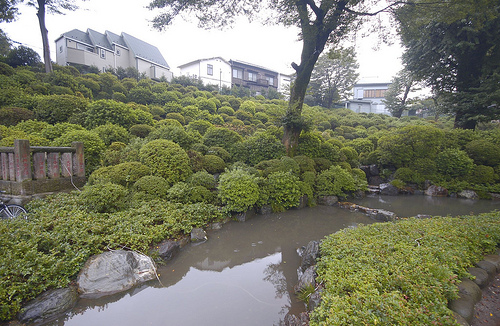Omitting subjects and other words in Japanese [Intermediate]
One aspect of Japanese grammar that is easy to overlook is the omission of subjects and other words which would normally be included in English. If you’re not careful about subject omission you can end up with grammatically “correct” sentences that sound awkward. Let’s start with a simple example: When I got home, my television… Read More »






